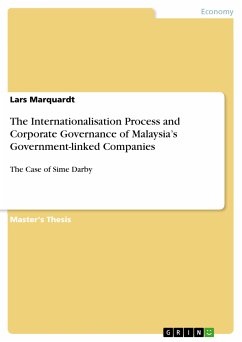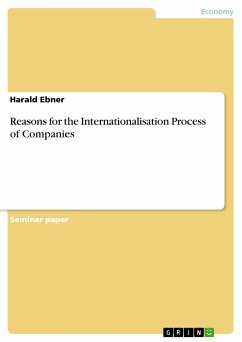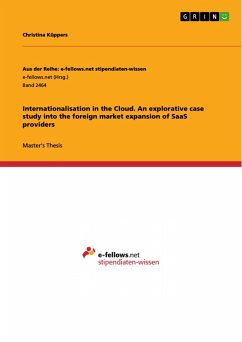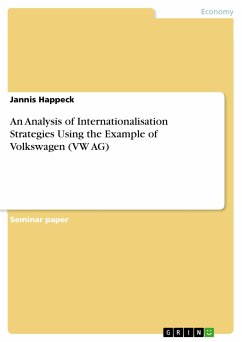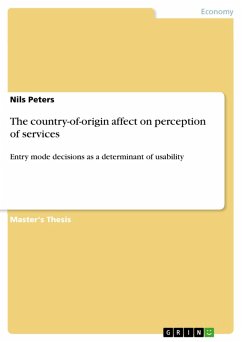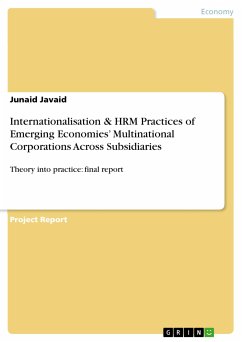Master's Thesis from the year 2013 in the subject Business economics - Business Management, Corporate Governance, grade: 1,3, ESCP Europe, language: English, abstract: The research on the internationalisation process of Southeast Asian multinationals is limited. Especially the unique role of the government on Government-linked companies' (GLC) corporate governance and their international development has been rarely considered. The agency theory explains an inherent governance problem but needs to be examined from a different angle for GLCs. Theories on internationalisation are based on the Western world, but the patterns are different for developing countries such as Malaysia. The analysis of a firm's strategy requires to be viewed holistically, embedding it in its economic, cultural and politic context. Utilising a contextual approach and an in-depth case study methodology, this study describes the internationalisation process of Malaysia's conglomerate Sime Darby and reviews it based on theoretical concepts. Considered individually, accepted theories, as, for instance, the Eclectic Paradigm, were found to be incomplete in explaining the evolving internationalisation of Sime Darby. Combined with thoughts of the Uppsala approach and the phenomenon of psychic distances the theories are complementary. The author detected that together, they can be used to explain the internationalisation process of Malaysia's GLC. The findings, limitations of research and opportunities for further research are discussed. Keywords: Internationalisation, Government-linked Companies, Corporate Governance
Dieser Download kann aus rechtlichen Gründen nur mit Rechnungsadresse in A, B, BG, CY, CZ, D, DK, EW, E, FIN, F, GR, HR, H, IRL, I, LT, L, LR, M, NL, PL, P, R, S, SLO, SK ausgeliefert werden.

